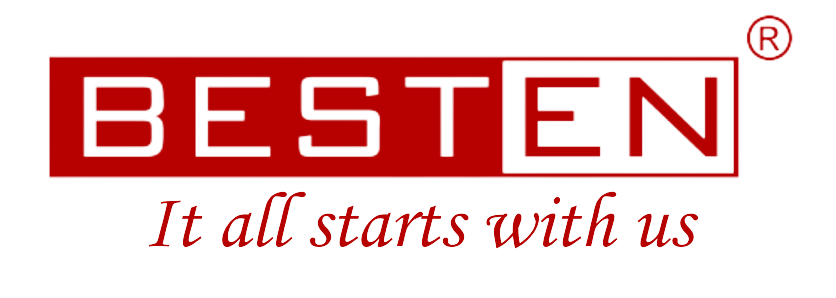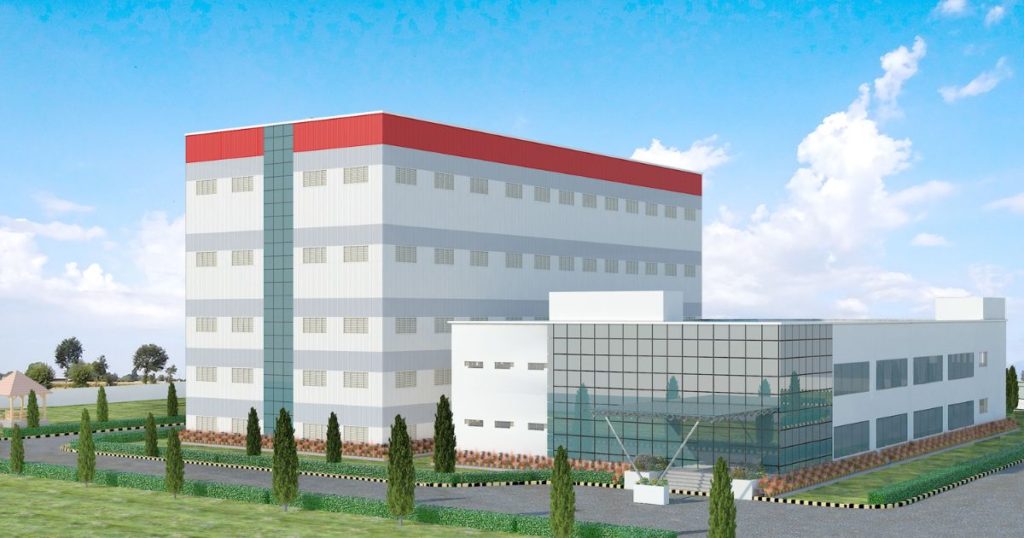Pre-design is crucial.
The pre-design stage in industrial projects is a crucial phase that sets the foundation for the entire project lifecycle. It involves comprehensive planning and analysis by the factory architects to ensure that the project aligns with the client’s objectives, regulatory requirements, and industry standards. This phase typically encompasses key activities and considerations that are essential for the successful execution of industrial projects.
Project Initiation
At the outset of the pre-design stage, project initiation takes place. This involves defining the project’s purpose, scope, and objectives. Clients and stakeholders work closely with project managers and architects to clearly understand what needs to be achieved.
Feasibility Study
One of the first tasks in the pre-design stage is conducting a feasibility study. This includes assessing the project’s technical, economic, environmental, and social aspects. A feasibility study helps determine the project’s viability and identifies potential risks and challenges.
Site Selection
Selecting an appropriate site is a critical decision in industrial projects. Site assessment involves evaluating factors such as accessibility, infrastructure, environmental impact, and zoning regulations. A thorough site analysis ensures that the chosen location suits the intended industrial facility.
Regulatory Compliances
Industrial projects often face a web of regulatory requirements and permitting processes. During the pre-design stage, project teams must identify and understand the relevant regulations at the local, state, and federal levels. Compliance with environmental, safety, and land-use regulations is essential to avoid delays and legal issues.
Conceptual Design
A conceptual design is developed once the project’s feasibility is established. This phase involves creating a high-level design that outlines the basic layout and functionality of the industrial facility. It serves as a visual representation of the project’s initial vision. Factory architects and consultants ensure that the conceptual design is in line with the project requirements.
Budget & Cost Estimation
Accurate budgeting is crucial to the success of any industrial project. A preliminary cost estimate is prepared based on the conceptual design during the pre-design stage. This estimate helps in securing project funding and planning for resource allocation.
Risk Assessment
Identifying and assessing potential risks is an ongoing process in the pre-design stage. Factory architects analyse risks related to budget, scheduling, environmental impact, and technical challenges. Risk mitigation strategies are developed to minimize the impact of these risks.
Stakeholder collaboration
Effective communication and stakeholder collaboration are vital during the pre-design stage. Regular meetings and consultations with clients, regulatory authorities, and factory architects help gather input and address concerns.
Project Timelines
Developing a project schedule is essential for planning the project’s timeline and milestones. This includes defining key phases, deadlines, and dependencies. Moreover, a well-structured schedule ensures efficient project management.
Conclusion
In conclusion, the pre-design stage in industrial projects is a complex and critical phase that requires meticulous planning and analysis. It sets the stage for the entire project and lays the groundwork for its successful execution. By addressing feasibility, regulatory compliance, site selection, and other key considerations, factory architects and consultants can minimize risks and ensure that the final industrial facility meets its intended purpose while staying within budget and on schedule. Effective communication and stakeholder engagement are also essential to this stage, as they help build consensus and support for the project’s objectives.












